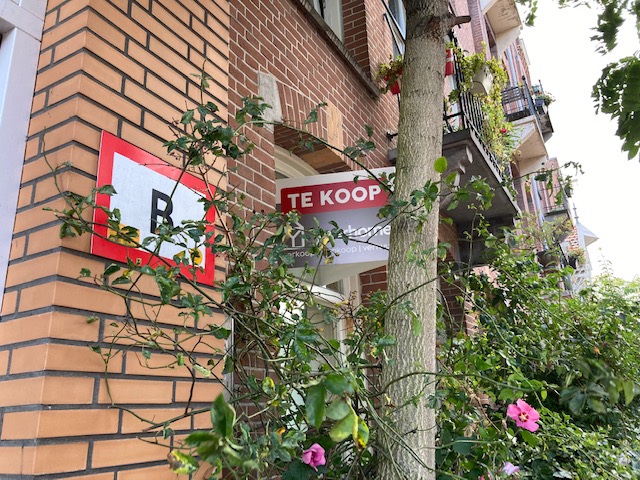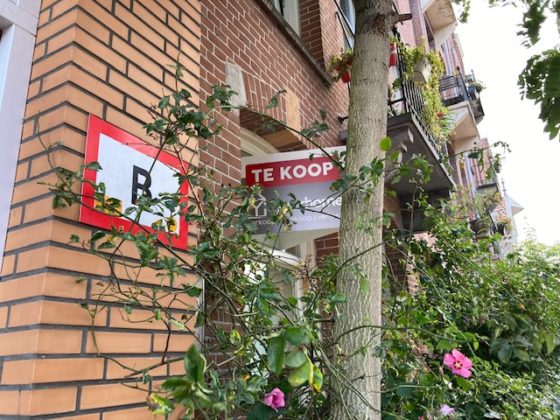Partner content
A tax cut for new home owners? First-time buyers should not start celebrating yet


First-time buyers have been having a hard time of it of late, but they should not start celebrating the recent budget tax cut just yet, writes José de Boer, of financial consultants FVB De Boer.
Last month the government published its 2021 spending plans which, at first sight, contained some good news for first-time buyers.
Ministers have decided to scrap the transfer tax – overdrachtsbelasting – that everyone buying a home has to pay over the cost of the property. The measure will only apply to first time buyers who are under the age of 35, and at first glance at least, it seems to be a generous move which should help to boost home ownership for those struggling to get a foot on the housing ladder.
But is it all that simple? First, let us do the sums. The tax is currently 2% of the purchase price, which means if you are buying a home costing €300,000, you will save some €6,000 – a sizeable amount given that first-time buyers are having to pay ever higher amounts to find a home that even half-way meets their dreams. In other words, the tax cut could technically mean you have an extra €6,000 to spend on a property.
Other costs
But will you? Don’t forget that you can now only borrow 100% of the purchase price, so you will have to have savings to pay all the other costs associated with buying a home – the notary costs for the deeds, the fee to your mortgage advisor, and possible estate agents fees. In all they add up to around between € 6,000 and € 10,000 depending on whether or not you hire a buying agent
And while you are waiting for this tax to be abolished, don’t forget house prices are continuing to rise. Despite the pessimistic predictions, coronavirus has not led to a fall in house prices or a rise in interest rates. House prices are still going up by record amounts – by 8.2% in August, the highest increase in 18 months. Interest rates are still at record lows.
Of course, we still don’t know what impact the coronavirus pandemic will have on the economy in the coming months, and it could be that house prices will drop a little next year. But it is worth remembering that since the 1950s, house prices have doubled approximately every 20 years.
And as you wait a few months to save that €6,000, all this is only adding to the price of that house you hope to buy. More than that, there is such pressure on the housing market, particularly at the lower end, that the value-for-money properties which fit your budget are being snapped up as quickly as possible. So, you while you might have more to spend in January, you may also have a more limited choice and face higher prices.
Fewer deals
According to land registry figures, a first-time buyer in Amsterdam today would need to splash out €440,000, compared with €350,000 in Utrecht and €280,000 in Rotterdam. Little wonder, then, that the number of first-time buyers is currently at its lowest level in 15 years – they now buy fewer than one third of all the houses on the market, compared with around 50% up to 2015.
If I was 34 and a first-time buyer, would I wait until January in the hope that I would technically have more money to spend on a home of my own? That would largely depend on whether or not the perfect property came my way in the meantime.
We are operating in a seller’s market, and it might take years before you get a second chance at that dream home. And by that time, it might be completely out of your reach financially, tax cuts or no tax cuts.
To find out more about how FVB de Boer can help you buy a home of your own, please feel free to get in touch.
Thank you for donating to DutchNews.nl.
We could not provide the Dutch News service, and keep it free of charge, without the generous support of our readers. Your donations allow us to report on issues you tell us matter, and provide you with a summary of the most important Dutch news each day.
Make a donation